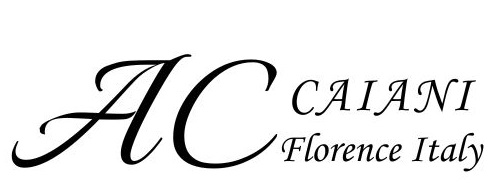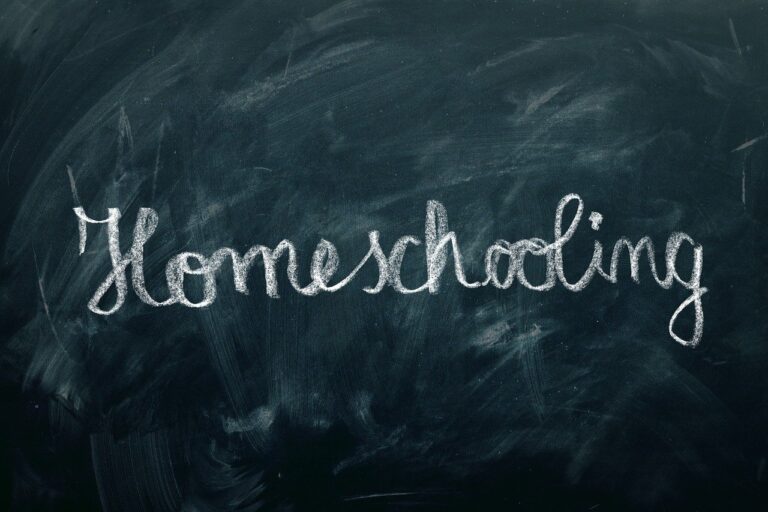🏡 Homeschooling in Italy: A Legal, Flexible & Empowering Alternative for Families
📚 Education vs. Schooling: The Truth Behind Italy’s System
In Italy, many believe children must attend traditional schools until age 16. But according to the Italian Constitution, what’s actually required is education—not school attendance. These two concepts are often confused, yet understanding the distinction is key to unlocking personalized learning paths.
Historically, school attendance became widespread because it was the only accessible and free form of education for families lacking the means to teach at home. Today, things have changed—most parents hold degrees, and many have the resources to choose parental education, yet few realize it’s a fully legal and increasingly popular choice.
🧠 Why Homeschooling Makes Sense in Modern Italy
Despite growing awareness, many families still send their children to school for reasons that have little to do with learning:
- 🕘 Busy schedules make homeschooling feel impractical.
- 💰 Hiring private tutors or caregivers is often costly.
- 🧍♂️🧍♀️ Schools offer convenience and built-in socialization.
However, these practical choices sometimes come at the cost of parental involvement, leading to disengagement and limiting a child’s potential growth. In truth, some families send children to school because it’s the only affordable option—not necessarily the best one.
This reality can contribute to stagnation within the school system, as high demand persists regardless of educational quality.
🎨 Homeschooling Creates Space for Passion and Talent
Today’s homeschooling families aren’t just wealthy elites—they’re parents who want to nurture unique talents or design a more meaningful educational journey. Consider these points:
- 🕒 Traditional schooling takes 5–6 hours daily, plus homework.
- 🎻⛹️♀️ Children often lack time to explore music, sports, or hobbies.
- 🧩 Schools rarely adapt to each child’s pace and interest.
Wouldn’t a tailored schedule—with focused academic lessons and rich extracurricular options—better support our children’s development?
🧾 Legal Framework: What Every Parent Should Know
Homeschooling is fully legal in Italy. Here’s how it works:
| Requirement | Details |
|---|---|
| Education Age | Compulsory from ages 6 to 16 |
| Annual Notification | Must inform school authorities yearly (Dirigenti Scolastici) |
| Technical Capacity | Parents must have higher education than the level they’re teaching |
| Economic Capacity | Must demonstrate financial readiness (self-declaration often sufficient) |
| Curriculum | Must align with national education standards |
| Assessments | Annual exams at public or recognized private schools (typically in June) |
📆 Requests for exams should be submitted in March or April, accompanied by the proposed curriculum.
🧩 Support & Community: You’re Not Alone
While homeschooling is still rare in Italy, a growing network of support groups, online resources, and peer communities exists to help families navigate challenges and share best practices.
Parents exploring home education gain:
- 🫂 Community support and shared experiences
- 📘 Customized resources for curriculum planning
- 💬 Advocacy for legal clarity and school cooperation
🎯 The Economic Perspective: Invest Smart, Educate Better
Choosing homeschooling can redirect spending in more meaningful ways:
- 🎼 Hire top music instructors instead of paying private school fees
- 🏊♂️ Enroll your child in specialized sports programs with elite coaches
- 📈 Empower learning through curated, high-quality experiences
Meanwhile, relying solely on traditional schools may stunt innovation—especially if demand remains high regardless of performance or progress.
🧠 Rethinking the School Model: A More Flexible Future
Would a modern educational framework allow:
- 🕒 Just 3 hours of core subjects daily for those who choose
- 🎓 Optional extended hours for families needing full-day schooling
- 🎭 Attractive extracurricular programs as an incentive for learning
That’s a vision of education built for diversity, not one-size-fits-all solutions.
✅ Summary: Empowerment Through Choice
Parental education in Italy is not just legal—it’s liberating. It gives families the ability to:
- 🛠 Tailor the learning journey to a child’s needs
- 🕊 Offer time for creativity, interests, and wellbeing
- 🔄 Create balance between education, parenting, and life itself
Whether you’re an expatriate or a lifelong resident, homeschooling offers a way to reclaim ownership of your child’s education—with flexibility, support, and purpose.

